Indigenous Governance Database
First Nations
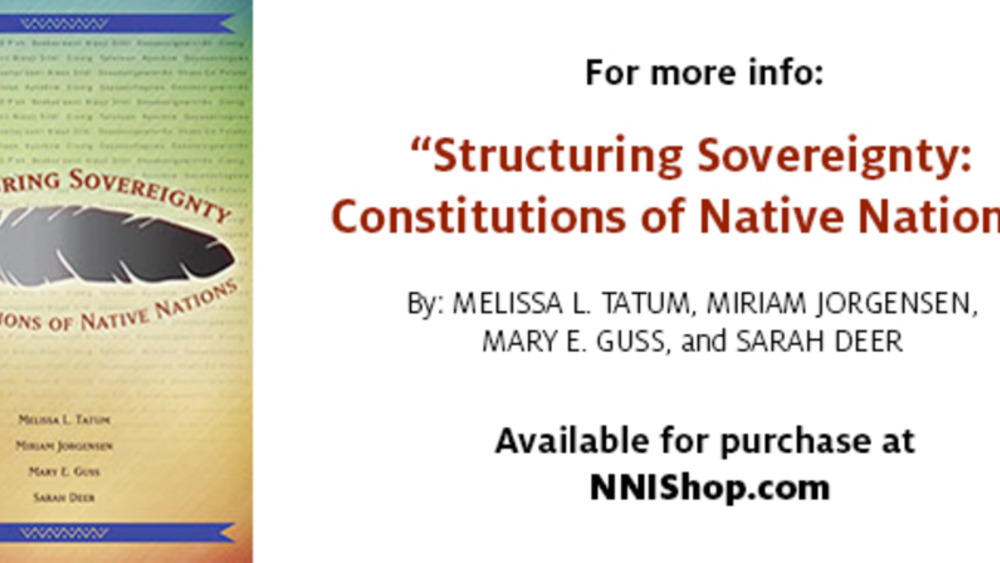
Gitanyow Nation Constitution
Location: British Columbia Population: 802 Date of Constitution: 2009
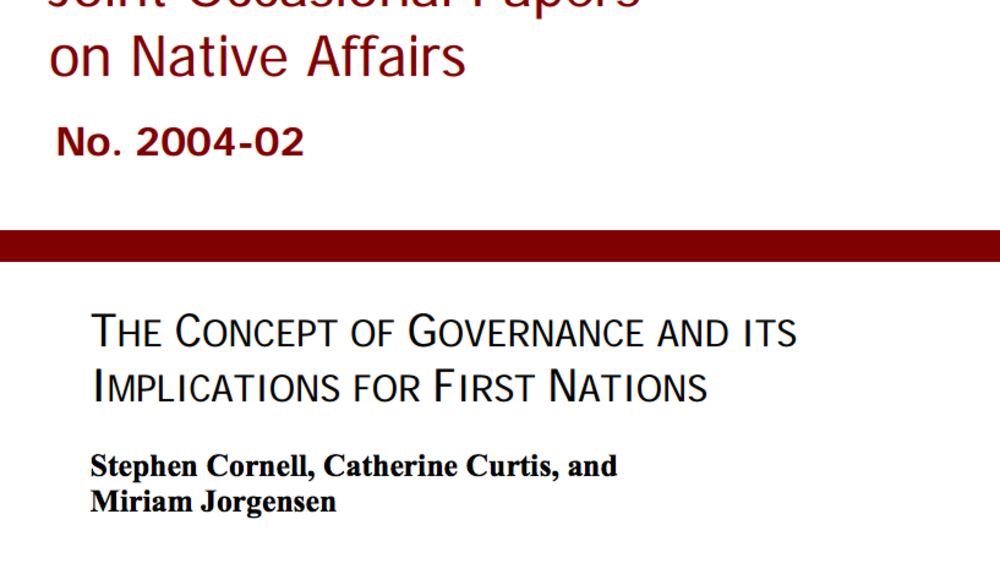
The Concept of Governance and its Implications for First Nations
What is governance? What is government? What does each do? And what distinguishes good governance - or good government - from bad? Why is the quality of governance important to the success of human societies? And what is the significance and meaning of self-governance? And What does effective self-…
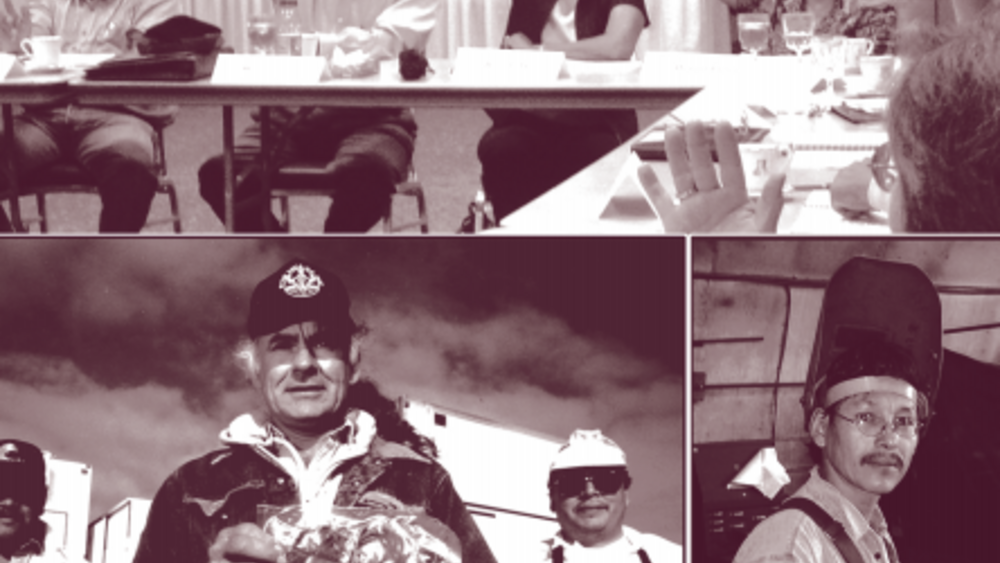
What Makes First Nations Enterprises Successful? Lessons from the Harvard Project
Some enterprises owned and operated by Native nations do well, and others don't. Of course this is true of all businesses--some succeed and others fail--and there are numerous reasons why. After all, building a successful business is a complex and challenging task. But in these and many other cases…
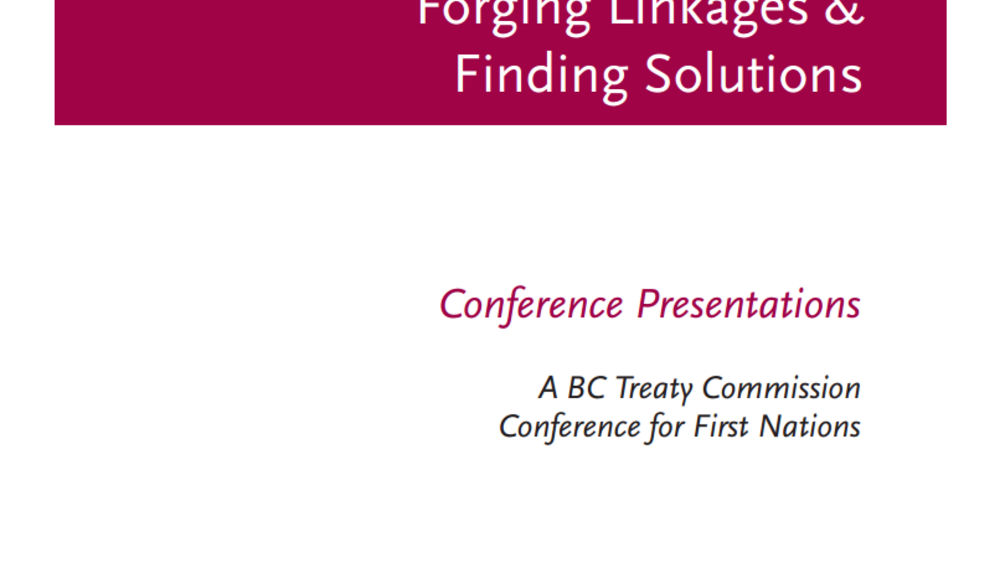
Rights, Governance, and the BC Treaty Process
The keynote address given at the BC Treaty Commission Conference for First Nations that discusses the rights, governance and the BC treaty process. Cornell emphasizes the fact that treating making can be more than a process. It can lead to the phenomenal concept of nation building that is sweeping…
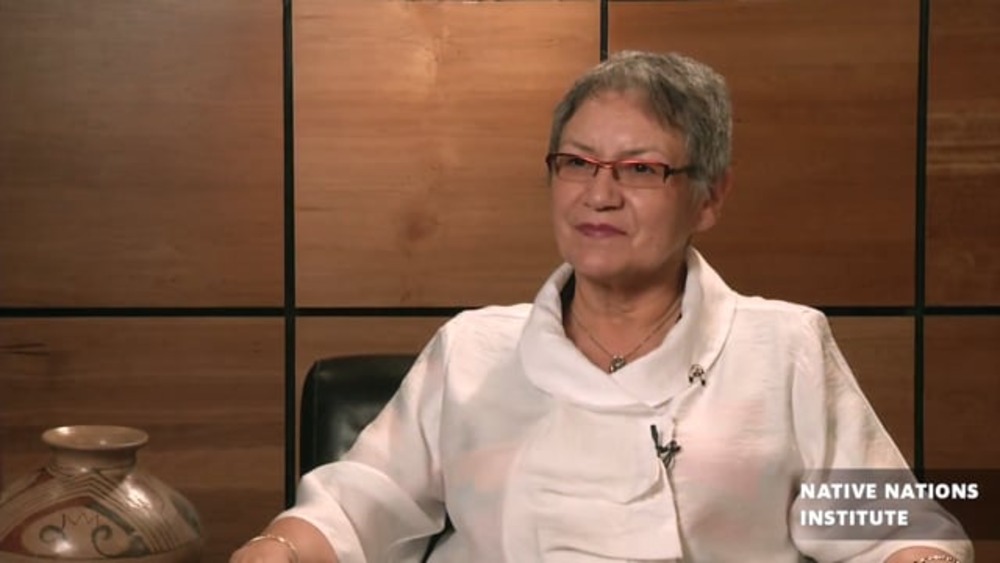
Sophie Pierre: Governance the Ktunaxa Nation Way
Sophie Pierre is a respected native leader that has been at the forefront of building key components and infrastructure for modern self-governance in the Ktunaxa Nation. Her tenure as Chief Commission for the BC Treaty Commission appointed by governments of Canada and British Columbia and the First…
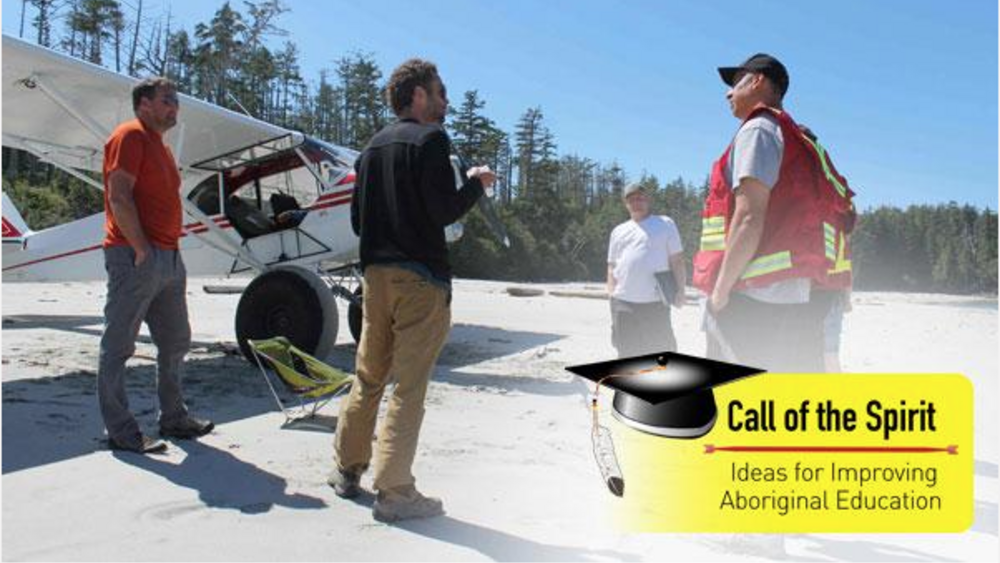
How First Nations Guardians Defend British Columbia's Fragile Coast
B.C.'s Central Coast houses the Great Bear Rainforest, the largest intact temperate rainforest left in the world. Attracting environmentalists, tourists, big game hunters, and natural resource developers from all over the globe, this fragile and much-coveted ecosystem has been home to First Nations…
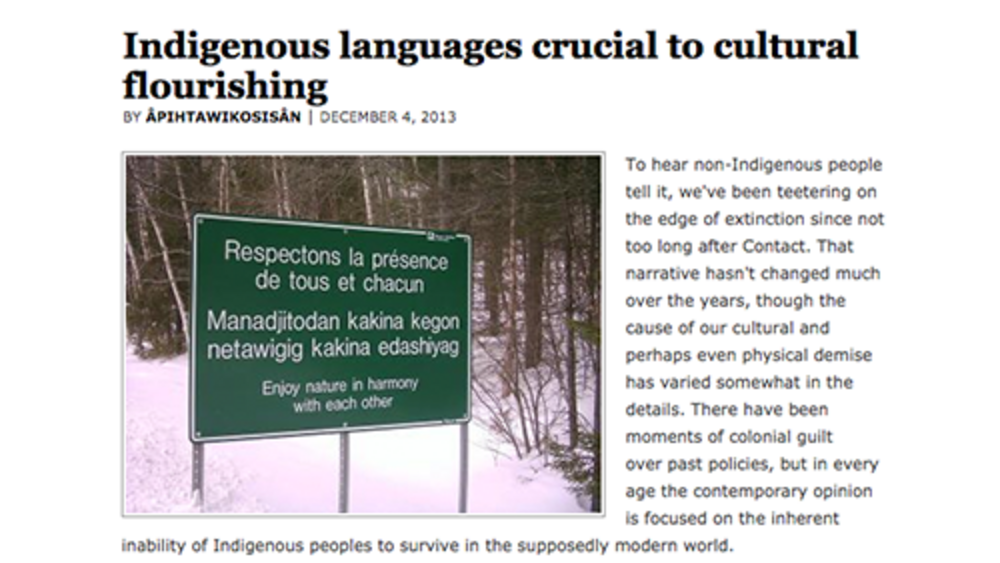
Indigenous languages crucial to cultural flourishing
I believe our languages to be so central to who we are as Indigenous peoples, that I cannot discuss our present or our future without reference to languages. The oppression we have faced, and continue to face, does not define us in the way our languages do. Our resilience, and the fact that we have…
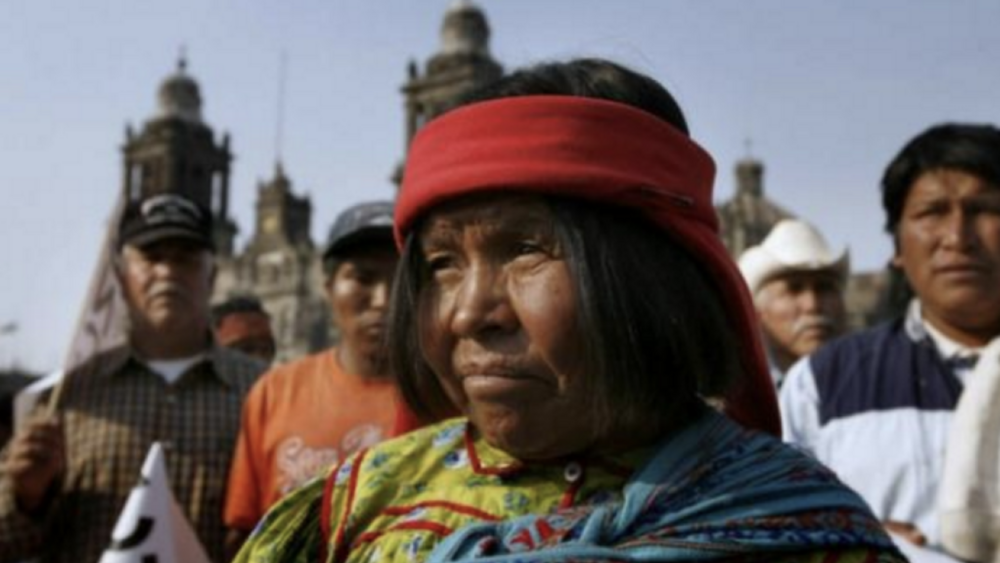
Preserving Indigenous Democracy
When Europeans first came to the Americas they took note of the democratic processes they observed in most indigenous nations. Indigenous political relations were usually decentralized, consensus based, and inclusive. Indigenous democracies may not seem remarkable by contemporary standards, but…
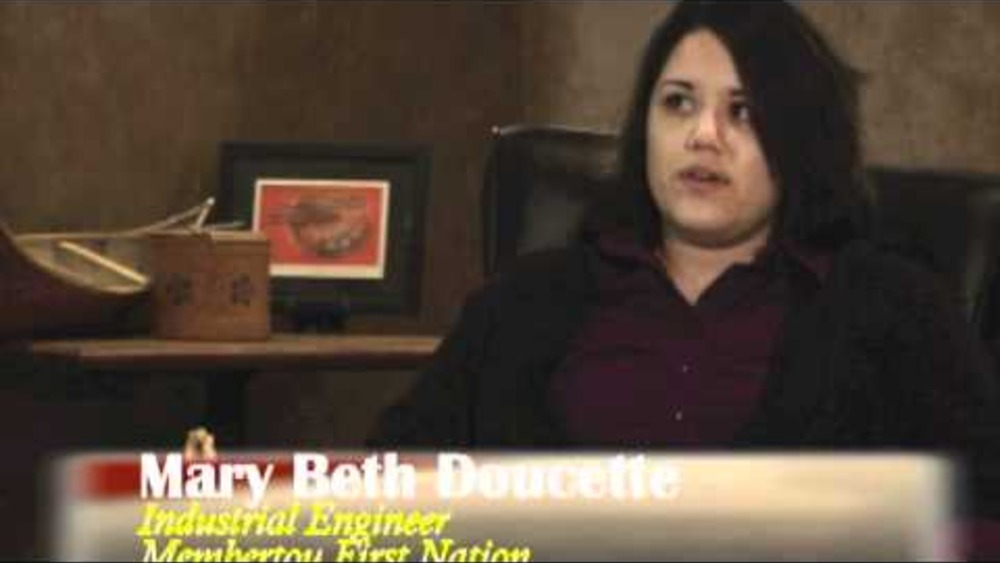
Membertou: Accountable to the Community
Leaders of Membertou First nation explain how a high level of accountability to citizens and partners has been key to its success in both governance and business.
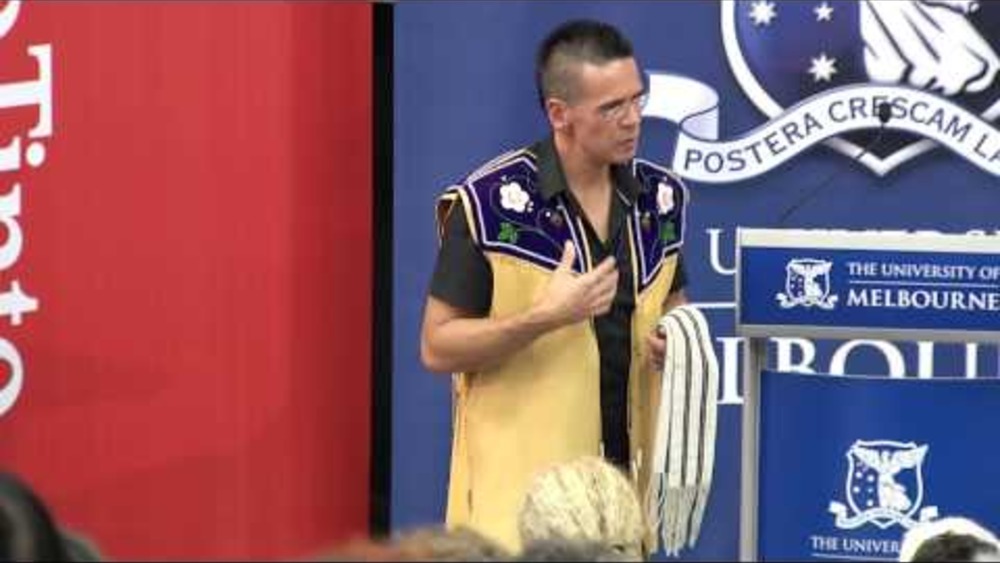
The 2013 Narrm Oration: Taiaiake Alfred
The 2013 Narrm Oration, "Being and becoming Indigenous: Resurgence against contemporary colonialism", was delivered by Professor Taiaiake Alfred on 28 November. Professor Alfred is the founding Director of the Indigenous Governance Program at the University of Victoria in British Columbia, Canada…
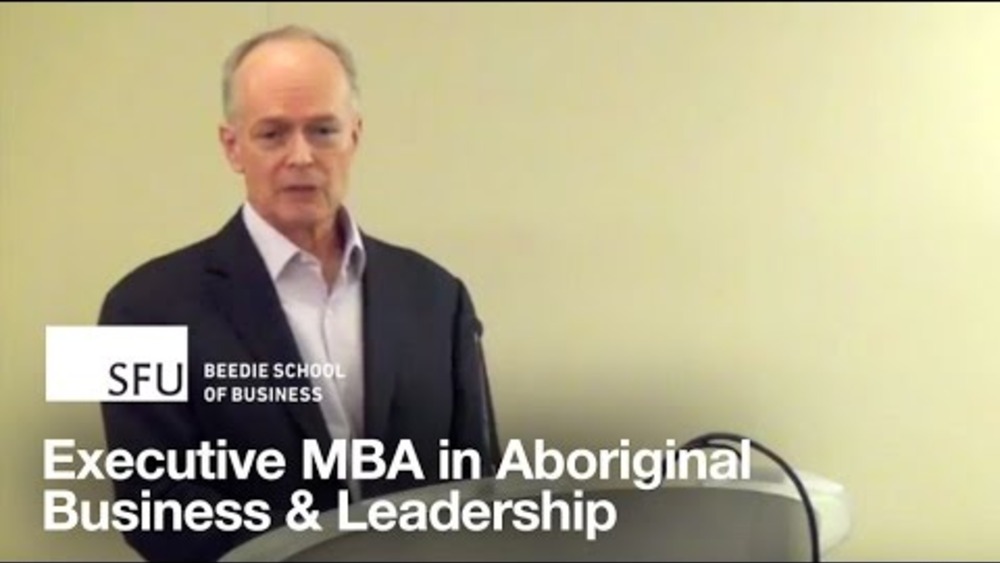
The Harvard Project on American Indian Economic Development and its Application to Canadian Aboriginal Business
This lecture is part of a course Stephen Cornell is teaching in Simon Fraser University's Executive MBA in Aboriginal Business and Leadership program. A panel of three joined Dr. Cornell in a discussion about the building of First Nation economies and the role citizen entrepreneurship can play in…
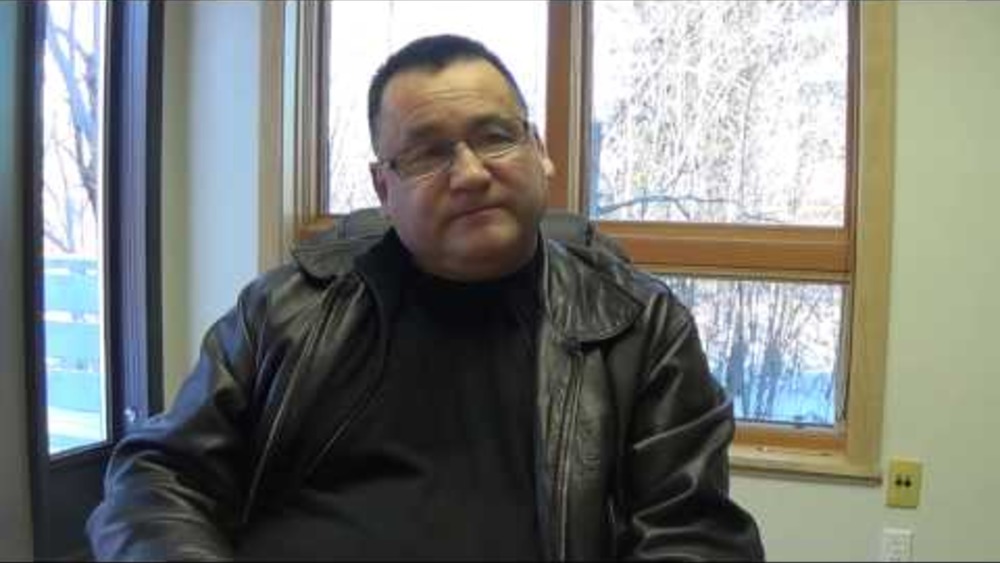
Nipissing Gichi-Naaknigewin
Nipissing First Nation members and staff, members of Chief and Council, as well as the Grand Council Chief, speak to the Nipissing Gichi-Naaknigewin.
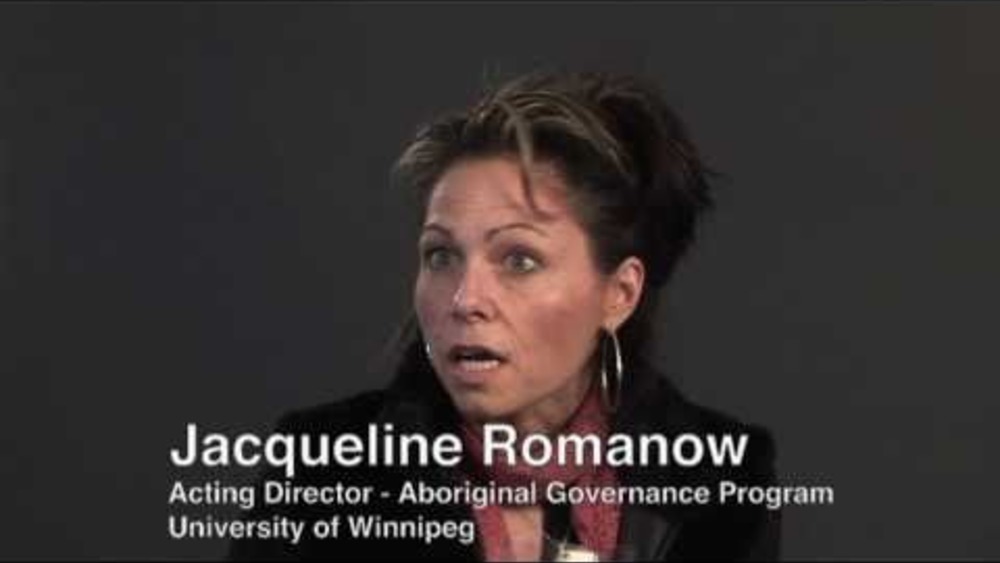
NCFNG: Implementing Independent Governance
This video, taken from a 2008 conference hosted by the National Centre for First Nations Governance, provides some perspective on the question: "How does a First Nation implement their right to self-governance?"
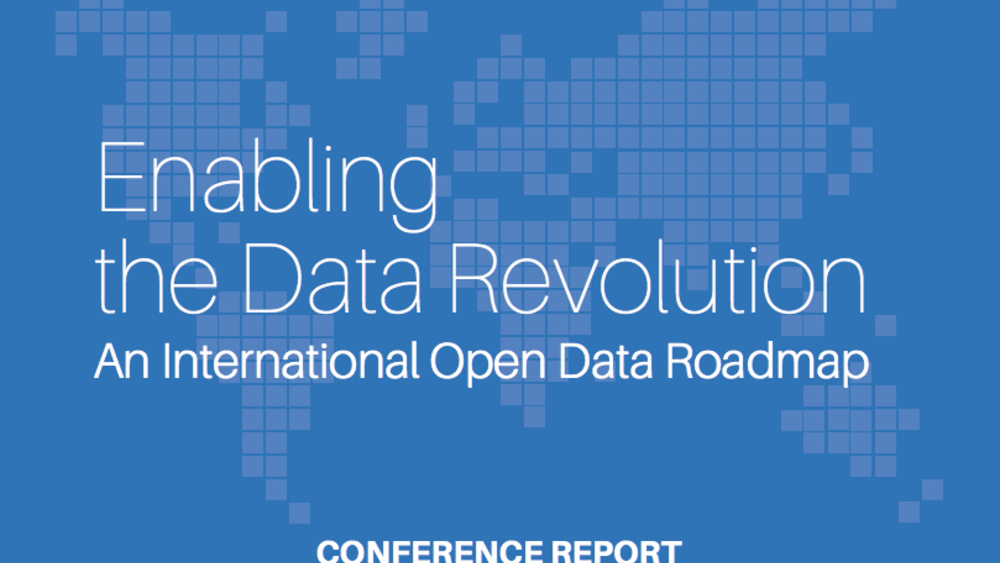
Enabling the Data Revolution: An International Open Data Roadmap
Open data in the context of indigenous peoples and communities can be understood as a double-edged sword. On the one hand, open data can help indigenous communities, both internally and externally. Internally, it can be used to inform policy, allocate resources, and set a vision for indigenous…
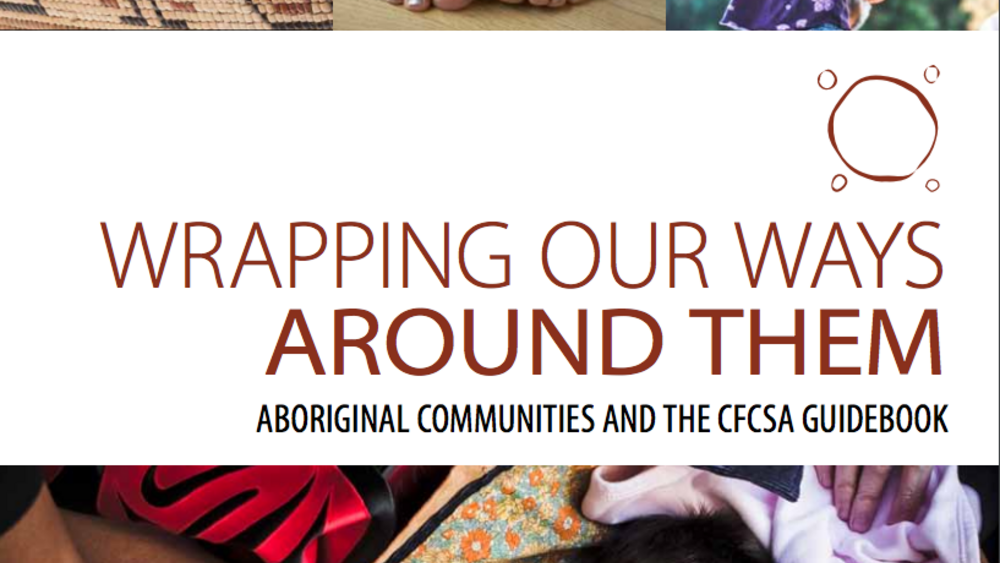
Wrapping Our Ways Around Them: Aboriginal Communities and the CFCSA Guidebook
This Guidebook is based on the belief that Aboriginal peoples need to know, and work with, the systems that impact children and families today such as the Child, Family and Community Service Act (CFCSA), Provincial Court (Child, Family and Community Service Act) Rules (Rules), Child, Family and…
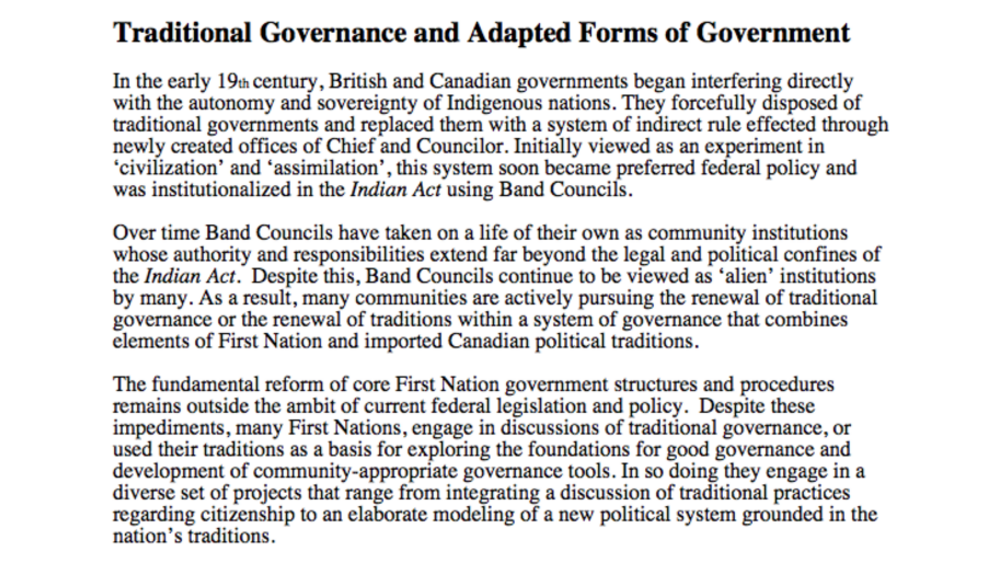
Traditional Governance and Adapted Forms of Government
In the early 19th century, British and Canadian governments began interfering directly with the autonomy and sovereignty of Indigenous nations. They forcefully disposed of traditional governments and replaced them with a system of indirect rule effected through newly created offices of Chief and…
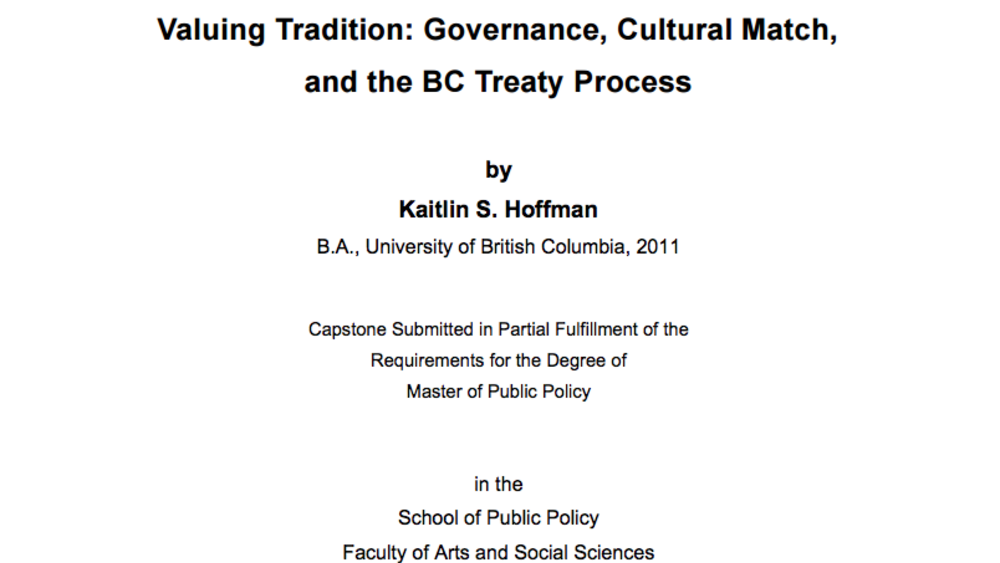
Valuing Tradition: Governance, Cultural Match, and the BC Treaty Process
Self-governance negotiations are an integral part of British Columbia's modern day treaty process. At some treaty tables, impasses have resulted from differences on how to include traditional First Nations governance within treaty. Although some First Nations are determined to pursue traditional…
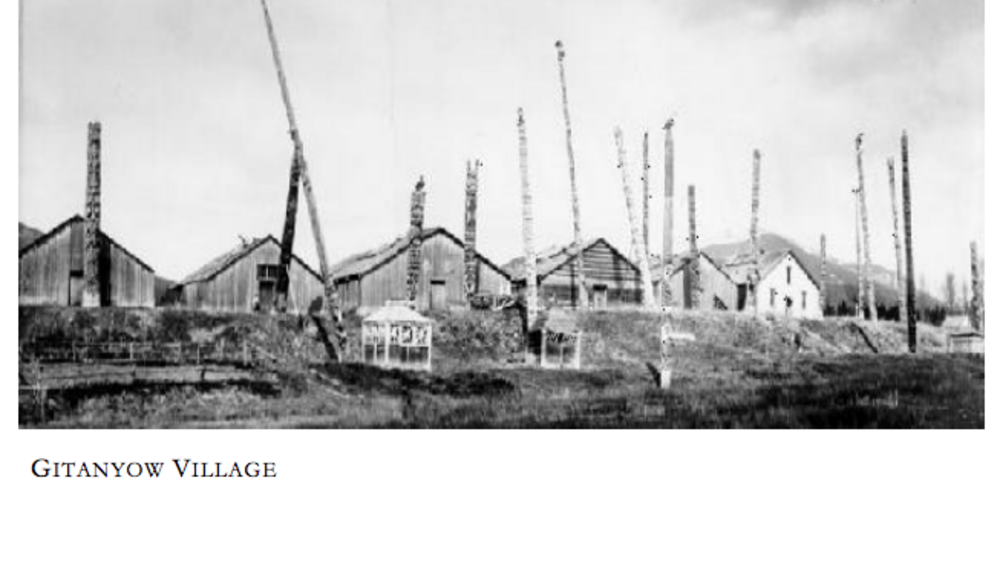
The Gitanyow Ayookxw: The Constitution of the Gitanyow Nation
WE are the Gitanyow peoples. We have a long-standing and rich oral tradition which speaks to all aspects of our lives. This written Constitution must be interpreted and understood in the context of our oral history and oral traditions... THEREFORE, by virtue of our inherent right to…
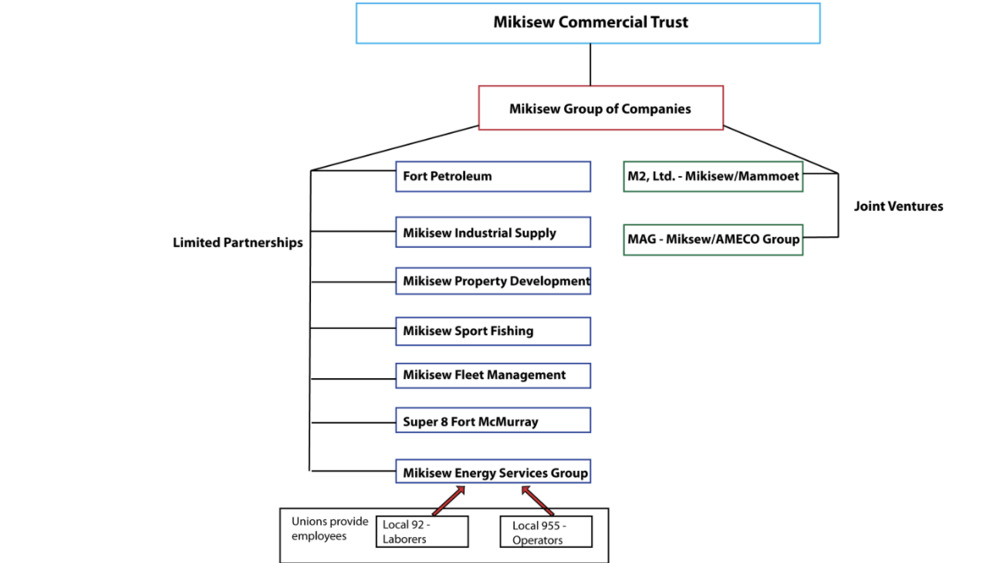
Forwarding First Nation Goals Through Enterprise Ownership: The Mikisew Group Of Companies
The Mikisew Group of Companies (Mikisew Group) is the business arm of the Mikisew Cree First Nation (MCFN). Founded in 1991 using monies from a $26.6 million land claim settlement with the governments of Alberta and Canada, it has achieved remarkable success. This success is evident in the wide…
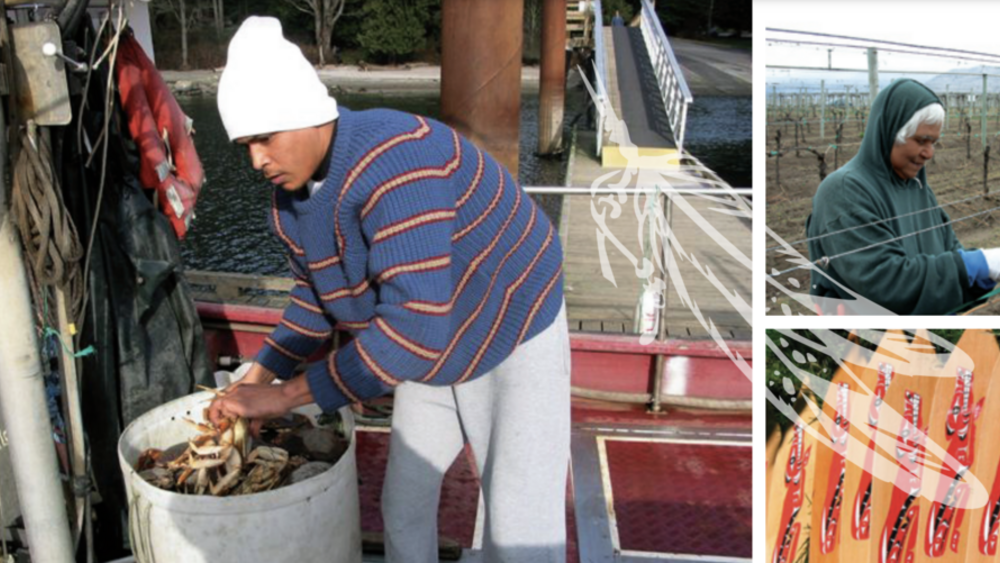
Journey to Economic Independence: B.C. First Nations' Perspectives
There are two approaches to economic development being pursued by the participant First Nations. One is creation of an economy through support for local entrepreneurs and the development of their individual enterprises (i.e. Westbank First Nation). The other is creation of an economy through…
